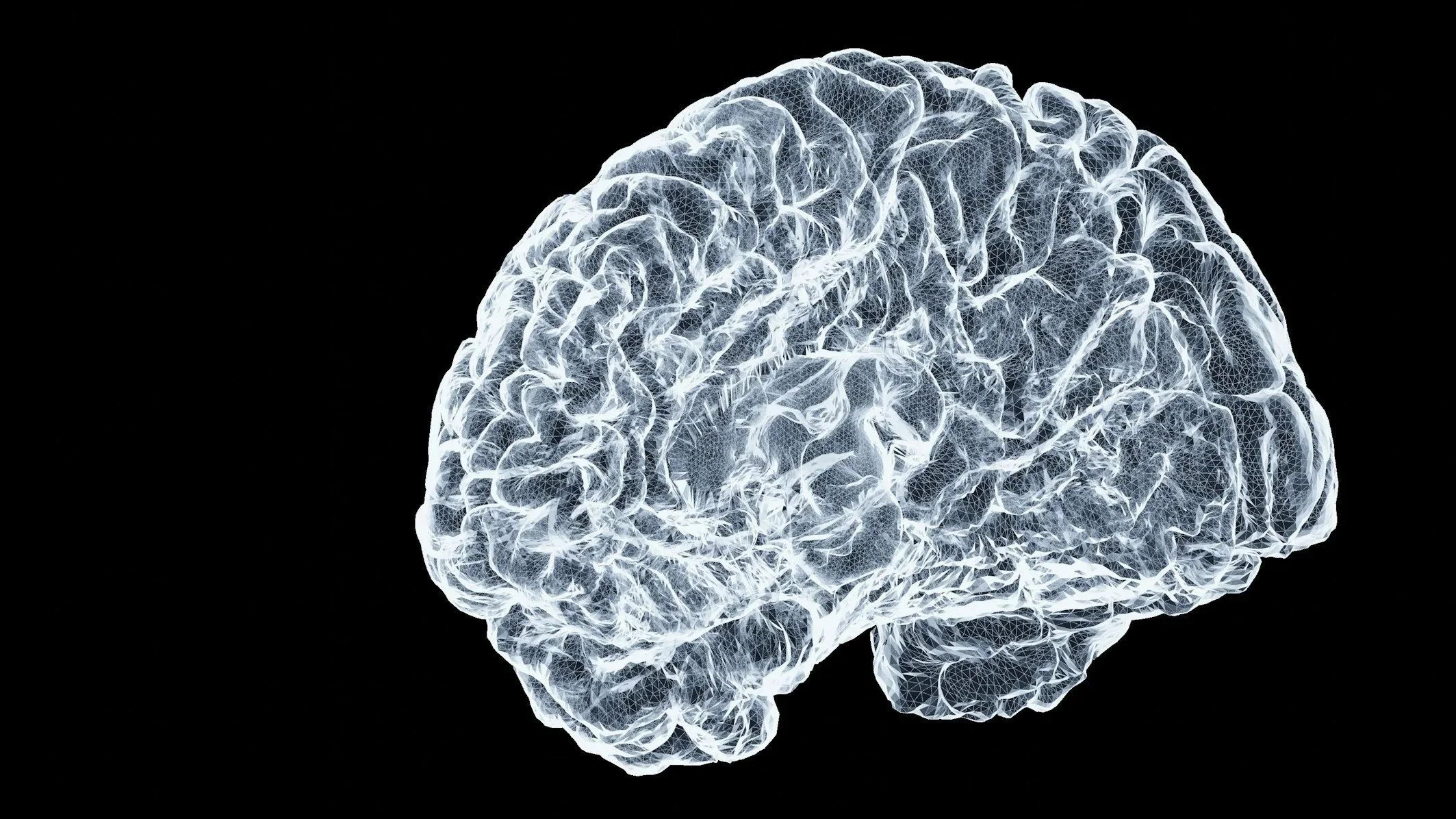
Neuropsychological Evaluations
Comprehensive neuropsychological evaluations in Long Island, NY conducted exclusively by compassionate, licensed psychologists.
Fill out the form below for a free phone consultation.
Our evaluations identify whether learning, attention, or emotional factors are contributing to current difficulties, and guide next steps such as IEP or 504 plan recommendations, home recommendations, or individualized therapy goals. Neuropsychological testing can be especially helpful when the cause of challenges is unclear and you’re looking for accurate answers and targeted evidence-based recommendations.
At Coast Psychology, our goal is to help you better understand yourself or your child and access the right supports to thrive.
Our process
-
1.
Complete intake documents prior to your first appointment.
-
2.
Identify two people (e.g., parent, teacher) to serve as additional sources of information throughout the process.
-
3.
Meet with a Coast Psychology clinician to gather further information and understand your concerns.
-
4.
Participate in 1 to 3 half-day testing sessions virtually or in our Oyster Bay office and complete questionnaires from the comfort of your home.
-
5.
Attend an in-person or virtual feedback appointment to learn about the report's findings and any diagnoses received, and carve out a path for support.
-
6.
Receive a copy of this report to submit for school or work-related accommodations, share with your treatment team, and retain for your records.
Evaluations
Available Services:
✓ Cognitive Testing
✓ Academic Testing
✓ Social-emotional Assessment
✓ Behavior Assessment
✓ Feedback Meeting
✓ Complete Diagnostic Report
✺ Frequently asked questions ✺
-
Evaluations conducted only by licensed psychologists—never interns, pre-licensed psychologists, or trainees
Evidence-based, neuroaffirming approach grounded in current research
Comprehensive reports that can support school IEPs, 504 plans, or workplace accommodations
Convenient Oyster Bay, Long Island location serving Nassau and Suffolk Counties as well as the greater New York City area
Warm, supportive environment for children, teens, and adults
We’re dedicated to helping you understand the “why” behind the challenges—and to providing actionable guidance that supports long-term success.
-
Determining if a learning disability, such as dyslexia, dysgraphia, or dyscalculia is present, which can only be determined conclusively through a comprehensive evaluation administered by a qualified mental health professional
Determining if a neurodevelopmental or mental health concern such as ADHD, autism, anxiety, or depression is present or co-occurring with another condition
Identifying twice exceptionality (2e) for gifted students who may also have a learning disability
Providing a multidimensional assessment of giftedness
Determining to what extent and in what areas functioning may be impacted
Guiding recommendations for clinical treatment and school supports such as an IEP or 504 plan
Providing rigorous documentation for receiving school-based supports including standardized testing (ACT, SAT) accommodations (extended time, separate location, etc)
-
Most participants find testing tasks quite fun! These tasks are interactive, computer-based, and arranged in an order designed to be engaging. Each appointment lasts between 2-3 hours with plenty of opportunities for breaks. Testing sessions may be scheduled concurrently (pending availability and client age) for the same day with a one-hour lunch break. Parents typically remain in the waiting room adjacent to our office throughout the duration of each testing appointment. Clients should aim to get a good night’s sleep and a balanced meal before each session. At Coast Psychology, we move at your pace to ensure each testing session feels comfortable.
-
Maybe. Maybe not. There is no way to know if any accommodations would be appropriate prior to testing. A comprehensive evaluation will clearly delineate a unique set of strengths and weaknesses cognitively, academically, and social-emotionally. If testing reveals a demonstrated need, our reports contain detailed accommodation recommendations. In short, it depends.
-
Advanced abilities compared to their same-age peers
Uneven development - for example, understanding complex concepts with ease yet having difficulty learning to perform routine tasks like putting their shoes on properly
Having big feelings - they may have deep empathy and emotional sensitivity but lack the ability to regulate these feelings
Seeming easily bored or distractible at school
Constantly asking questions seeking to learn more information - while they may have preferred interests, typically this type of curiosity is seen across a variety of topics
Demonstrates enhanced self-awareness, social awareness, and awareness of the world at large
Has strong creative abilities
They may act a bit quirky at times!
Book a Neuropsychological Evaluation Today
Ready to take the next step? Schedule your Neuropsychological Testing appointment with Coast Psychology today.
Click the “Book Your Free Consultation” button below or fill out our contact form to connect with our team. We’ll reach out to answer your questions and guide you through the process.
Coast Psychology — Trusted expert testing in Long Island, Nassau County, and Oyster Bay, New York.
